Uzbek-French joint venture set to begin uranium mining by year-end
The Uzbek-French joint venture Nurlikum Mining, established by France’s Orano and Uzbekistan’s state-owned company Navoiyuran, is preparing to begin uranium extraction in Uzbekistan by the end of 2025. The South Djengeldi deposit is already nearing launch readiness, according to the company’s CEO, Benoit Lemonne.
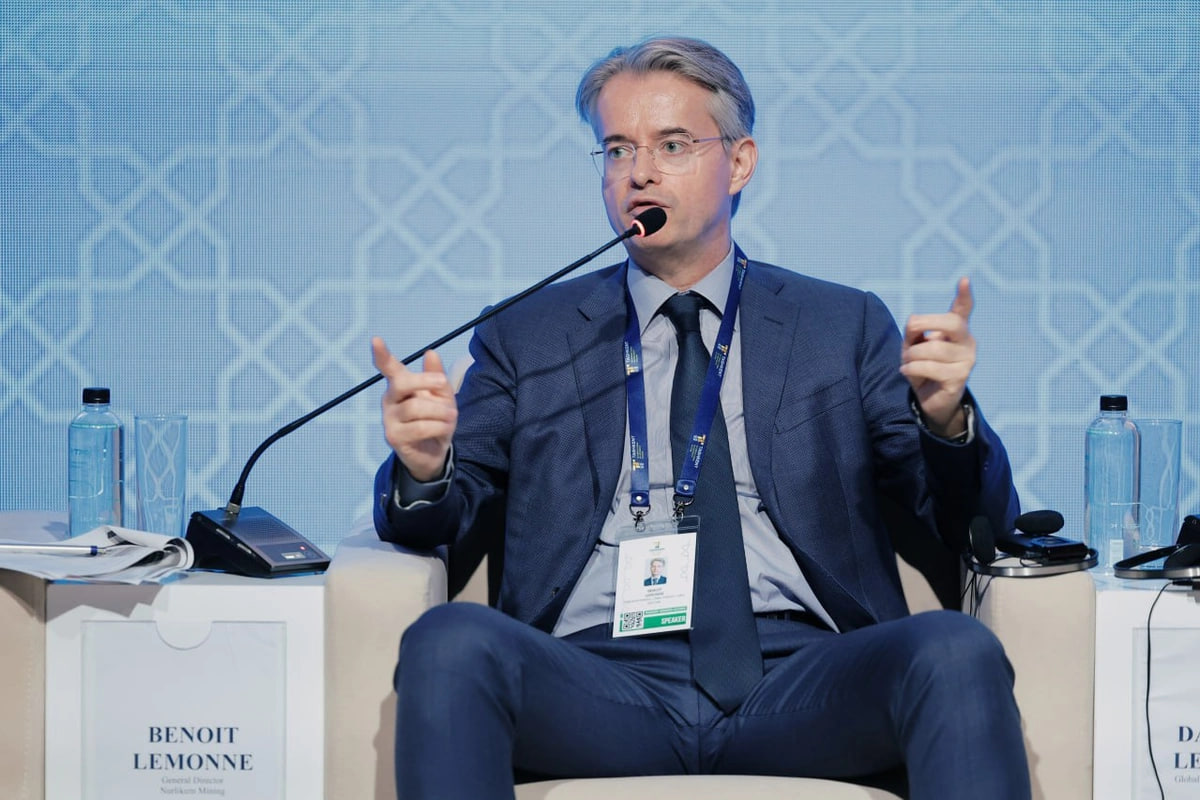
Speaking at the Tashkent International Investment Forum on June 12, Lemonne noted that the joint venture has been working toward this milestone since its establishment in December 2019, having secured two exploration licenses in that time.
“Over the past five years, we have conducted over 200,000 meters of exploratory drilling. We also carried out pilot tests to confirm the feasibility of uranium extraction at this site,” he stated.
Lemonn added that the company had signed a “major agreement” with Navoiyuran and a third partner expected to join the project soon – Japan’s ITOCHU Corporation, which has acquired a stake in Nurlikum Mining (although the transfer has not yet been finalized).
According to available data, the deposit has a projected operational lifespan of more than 10 years, with an expected peak production capacity of 700 metric tons of uranium per year.
“As of now, the South Djengeldi site is almost ready to launch. We expect to make a final investment decision in the coming weeks or months – definitely by the end of this year,” Lemonne said.
He emphasized that fewer than six years will have passed from project initiation to the final decision to begin extraction – “a very strong result for a mining investment project,” he concluded.
The South Djengeldi project is part of a broader strategic partnership between Orano and Navoiyuran, formalized through an agreement signed with the Uzbek government in 2022.
On March 12, during President Shavkat Mirziyoyev’s state visit to France, a new agreement was signed between Orano and Navoiyuran outlining cooperation in uranium exploration and industry development.
This agreement includes provisions for joint exploration and industrial-scale extraction, strict adherence to environmental and safety standards, job creation, and community support.
The South Djengeldi deposit will be developed using industrial methods as part of Navoiyuran's production base, with the first phase expected to attract $214 million in investment over three years and yield around 500 tons of uranium annually.
According to the World Nuclear Association, Uzbekistan ranks 7th globally in uranium production, supplying around 3,500–3,700 tons of natural uranium annually as of 2022–2023. France – via Orano – South Korea, and China are currently the country’s main export partners.
In 2023, analysts at S&P Global estimated Uzbekistan’s total uranium exports exceeded $450 million, up 28% from 2022. While more recent figures have not yet been published, many market participants now view Uzbekistan as an increasingly attractive supplier amid sanctions on Russia and Niger.
Last year, Navoiyuran produced goods worth 13.7 trillion UZS – a 28.1% increase compared to 2023 – and contributed 4.6 trillion UZS in taxes and dividends to the state budget, making it Uzbekistan’s third-largest fiscal contributor after NKMK and AGMK.
In July 2022, President Mirziyoyev approved a roadmap for uranium mining development, targeting annual production of 7,100 tons by 2030 – double the 2022 figure.
Related News
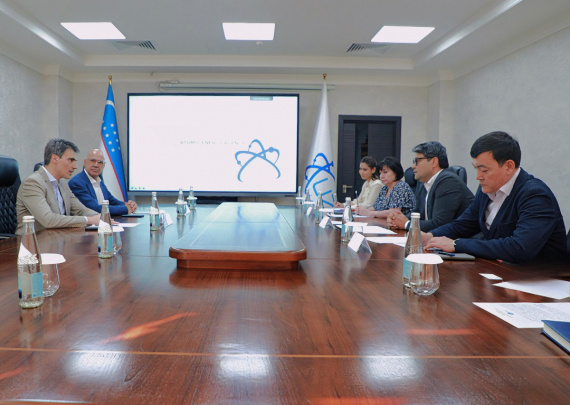
15:08 / 02.08.2025
French engineering firm proposes partnership in Uzbekistan’s critical mineral sector
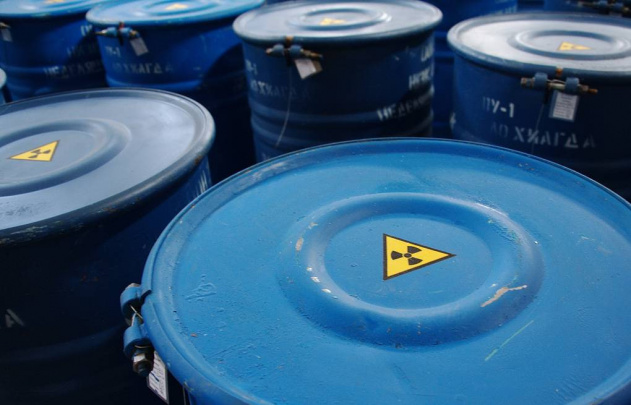
20:54 / 28.07.2025
Navoiyuran and NMMC employees convicted for attempting to illegally sell uranium
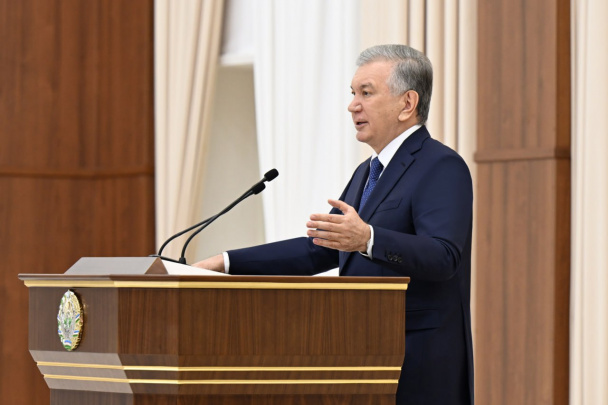
16:58 / 20.06.2025
Uzbekistan to auction untapped gold and rare metal sites in Kashkadarya
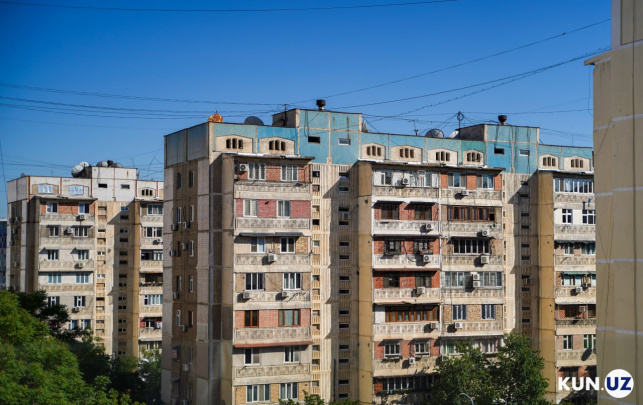
17:40 / 07.05.2025



